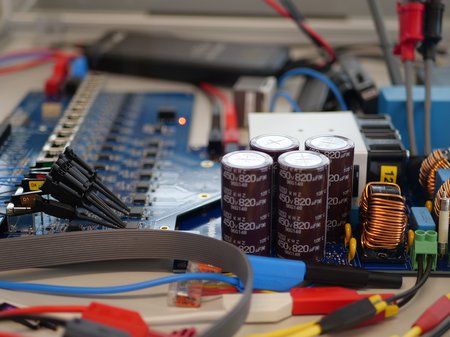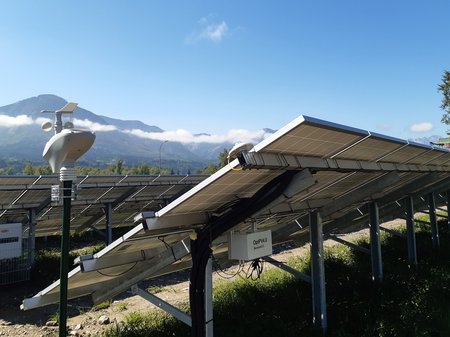Respirator face masks (N95 and N99 type) are critical supplies for healthcare workers and medical first responders. They are intended to reduce a wearer’s exposure to particles, including aerosols, by filtering out at least 95% (N95 type) or 99% (N99 type) of the particles. As such, respirators are also heavily used in jobs that expose workers to dust and small particles. The outbreak of the COVID-19 has posed a serious threat to public health, leading to a worldwide shortage of respirators. Washing and drying followed by an electrostatic treatment allows reusing respirators, dramatically improving this situation. However, the filter function deteriorates over time and an efficient way to ensure that the usage is still safe is urgently called for.
In response to this serious need, some of Austria’s leading industries in smart textiles (Grabher Group) and semiconductor technology (NXP Semiconductors) have teamed up with Silicon Austria Labs in a cooperative research project. Their objective is a low-cost and efficient solution that transforms common respirators into smart masks, which will provide information about the mask’s condition. These devices will be able to withstand the harsh conditions the respirators are exposed to during the decontamination process and to operate even after many years of storage.










